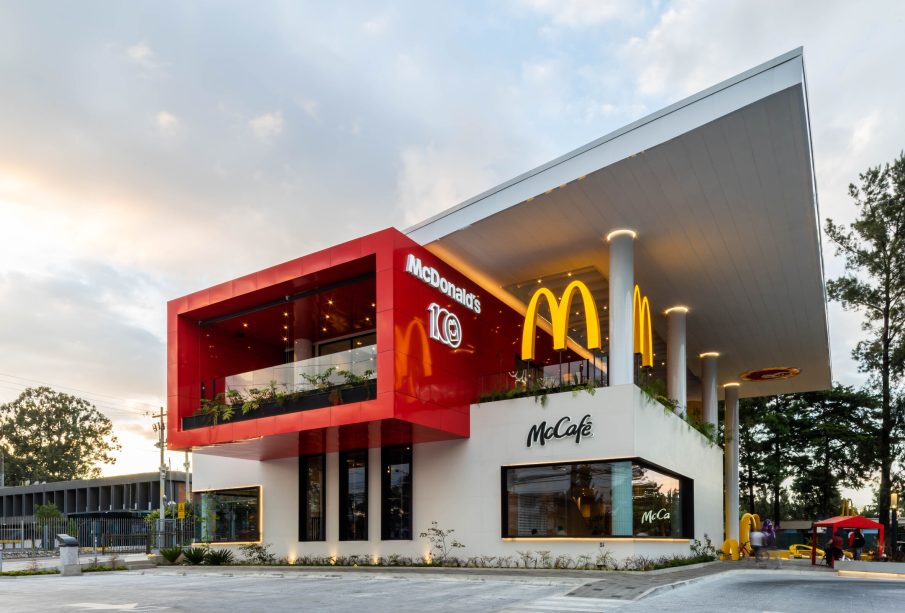Recent Innovations and Changes at McDonald’s

Importance of McDonald’s in the Global Market
McDonald’s Corporation is a dominant player in the global fast-food industry, renowned for its hamburgers, fries, and breakfast items. With over 39,000 locations worldwide, it serves millions of customers daily. The company is often seen as a bellwether for consumer trends and economic shifts, making its recent innovations and changes highly significant not only for the fast food market but also for the broader economy.
New Menu Items and Healthier Options
In recent months, McDonald’s has introduced several new menu items aimed at diversifying its offerings and accommodating changing consumer preferences. Among these is the highly anticipated McPlant burger, made in collaboration with Beyond Meat. This launch caters to the growing demand for plant-based options. Additionally, the chain has reformulated several existing menu items to reduce calories and sodium content, signalling a commitment to healthier choices.
Technological Enhancements
McDonald’s is also focusing on enhancing customer experience through technology. The introduction of self-service kiosks and mobile app ordering is part of a larger trend of digitalisation in fast food. These innovations have reportedly led to an increase in order accuracy and speed of service. Furthermore, the company’s app now offers a loyalty program, allowing customers to earn points with every purchase, a move that aligns with consumer preferences for rewards and savings.
Sustainability Initiatives
Sustainability is at the forefront of McDonald’s recent initiatives. The company has pledged to reduce greenhouse gas emissions significantly by 2030 and is transitioning to more sustainable packaging solutions. McDonald’s is also exploring partnerships with local farmers to source ingredients responsibly, reflecting a growing trend towards transparency and sustainability in the food industry.
Challenges and Future Directions
Despite these advancements, McDonald’s is not without challenges. The competitive landscape of the fast-food industry is intensifying, with brands focusing on niche offerings and health-conscious menus. Moreover, the rising costs of ingredients and labour due to inflation pose risks to profitability. Analysts predict that the company will need to continually adapt and innovate to maintain its market position, focusing on technology, menu diversification, and sustainable practices.
Conclusion
In conclusion, McDonald’s recent innovations and changes are pivotal in shaping the future of the fast-food industry. By embracing healthier options, leveraging technology, and committing to sustainability, McDonald’s aims to meet evolving consumer demands and set industry standards. The continued evolution of the brand will be crucial for its success, as it responds to a market that increasingly values diversity, health, and environmental responsibility. As such, both consumers and industry stakeholders are keenly watching McDonald’s trajectory as it adapts to these new realities.









